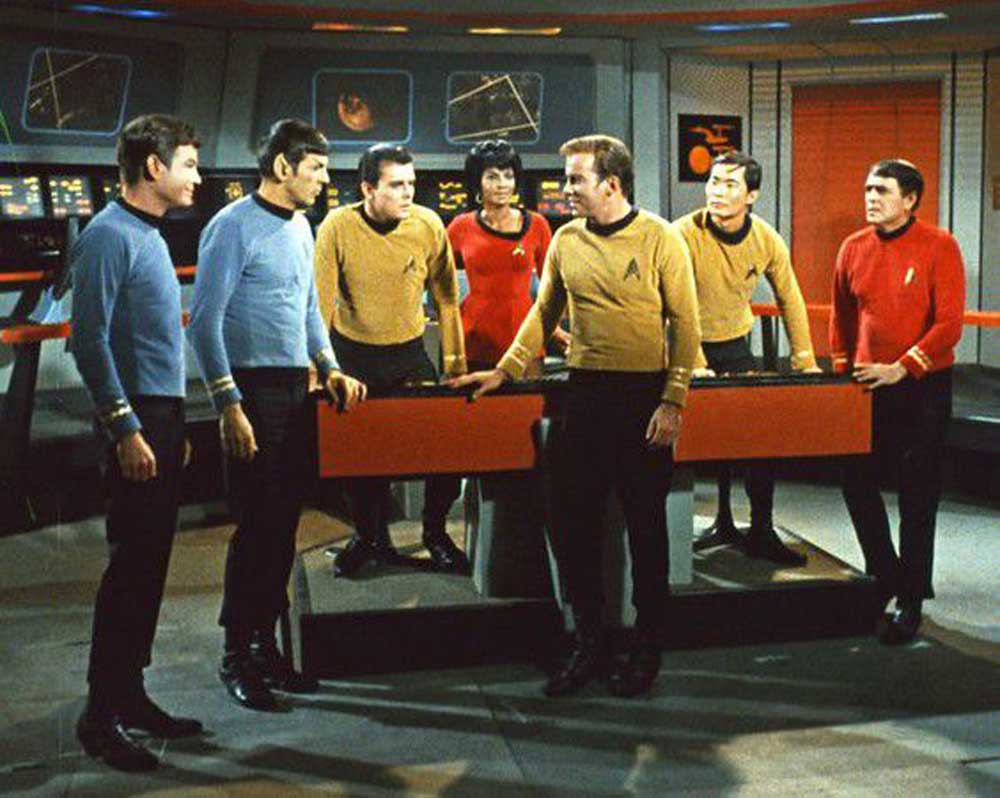Star Trek’s post-scarcity economy is all but impossible
Published 1:34 pm Tuesday, September 13, 2016

- AP
In case you’ve been in outer space and haven’t heard, it’s the 50th anniversary of the television series “Star Trek.” The groundbreaking science fiction series was one of the first to ask a question we may all be asking in the not-too-distant future: What does a post-scarcity economy look like?
In the series, it looks utopian; money is of no use in the Federation; there’s enough of everything to go around. People work (and serve on starships) by choice, not necessity. Even Star Fleet’s mission is exploration, not defense of any realm or resources. Presumably, nanotech matter compilers can manufacture everything anyone could wish for in the Star Trek universe. There is no hunger, no want, no poverty.
Trending
Yet scarcity is the foundational principle of economics; as Thomas Sowell explains, “The first lesson of economics is scarcity: There is never enough of anything to satisfy all those who want it.”
So is a post-scarcity universe possible? Only on the screen. That’s what Mises Institute fellow Jonathan Newman concludes in a recent essay.
“Many look to the example of these fictional worlds as an indication of what life might be like when technology can provide for all of our basic needs, a condition some call ‘post-scarcity,’” he writes. “But, scarcity can never be eliminated because our infinite human wants will always outnumber the means available in this finite universe. Scarcity is found even in the shows and movies that supposedly represent worlds without scarcity.”
In recent days, a number of other people have written about the economic vision of “Star Trek.” Some make it out to be a Marxist utopia, where capitalism has been put aside. Others contend it will be a libertarian universe of infinite personal freedom to express oneself.
Writing for the Bloomberg View, Noah Smith says “the rise of new technology means that all the economic questions will change. Instead of a world defined by scarcity, we will live in a world defined by self-expression. We will be able to decide the kind of people that we want to be, and the kind of lives we want to live, instead of having the world decide for us.”
Yet Newman says that won’t happen because people have infinite wants.
Trending
“Suppose every household in the world has all of their biological needs abundantly satisfied,” he says. “Food is provided by replicators like those on the Enterprise. Everybody has as at least as much shelter as they need. Super-medicines and all health services are easily provided with the touch of a button in your own home. All this means is that people can pursue other ends besides survival, like art, entertainment, learning, or simple relaxation. Our demand for goods and services does not stop once we are at subsistence levels of consumption.”
Everyone will have a room, but not all of those rooms will have a view of a beautiful mountain range. Some things will always be more desirable than others.
That’s human nature. No matter where the Enterprise ventures, it won’t escape that.






